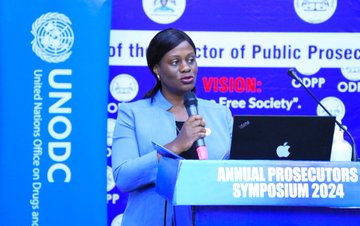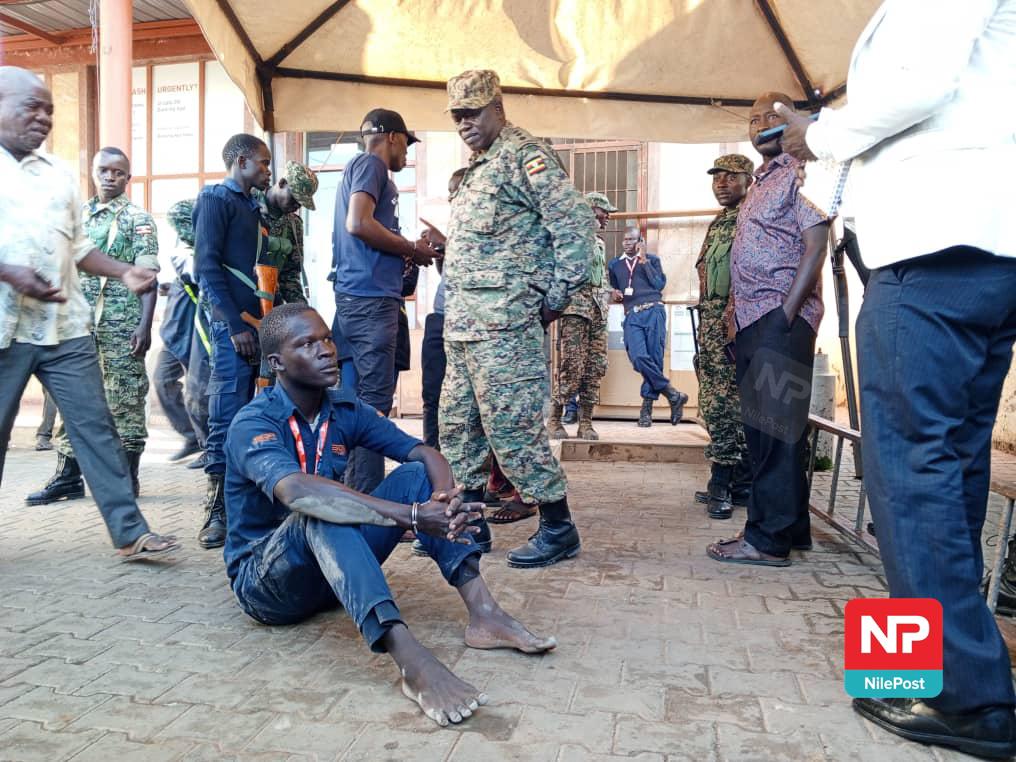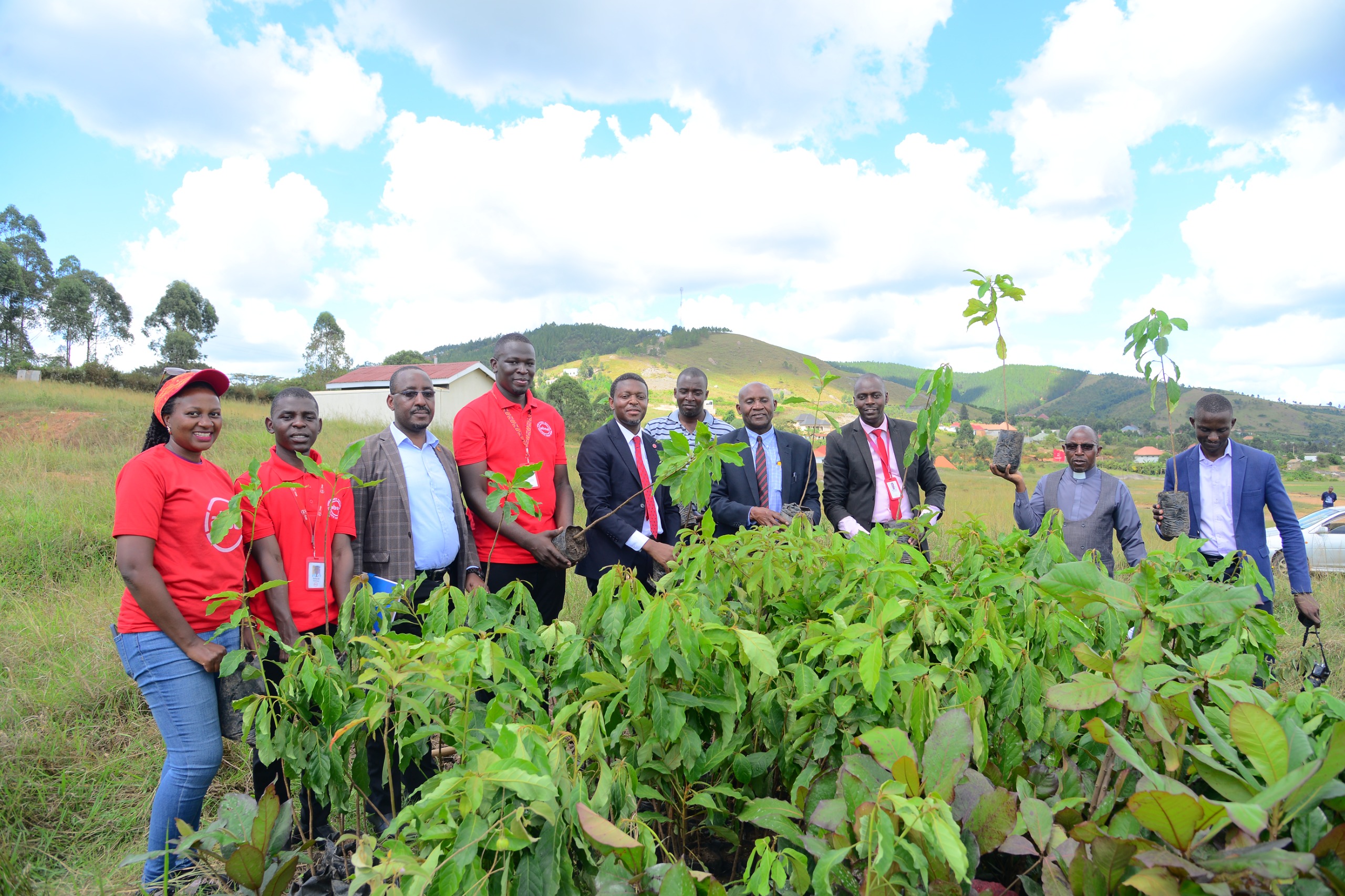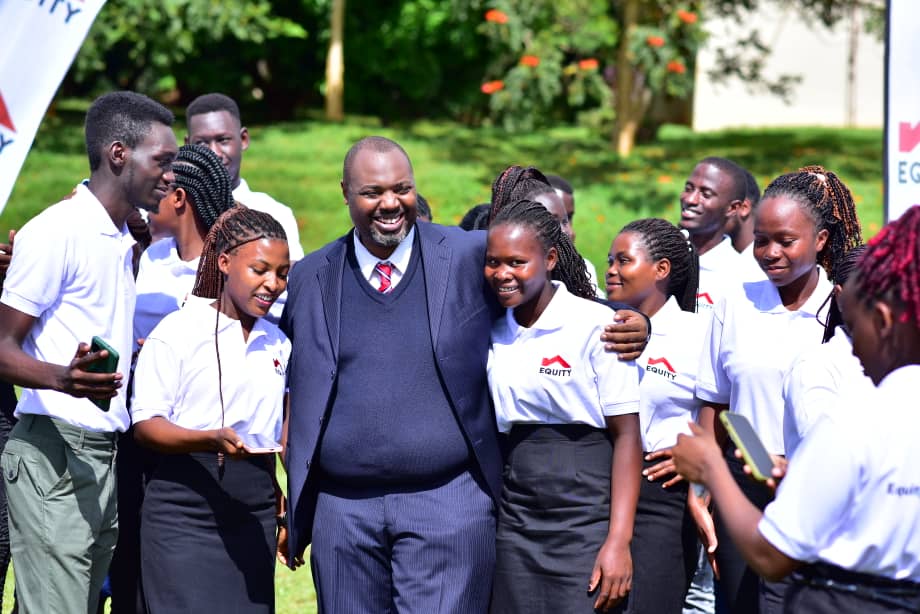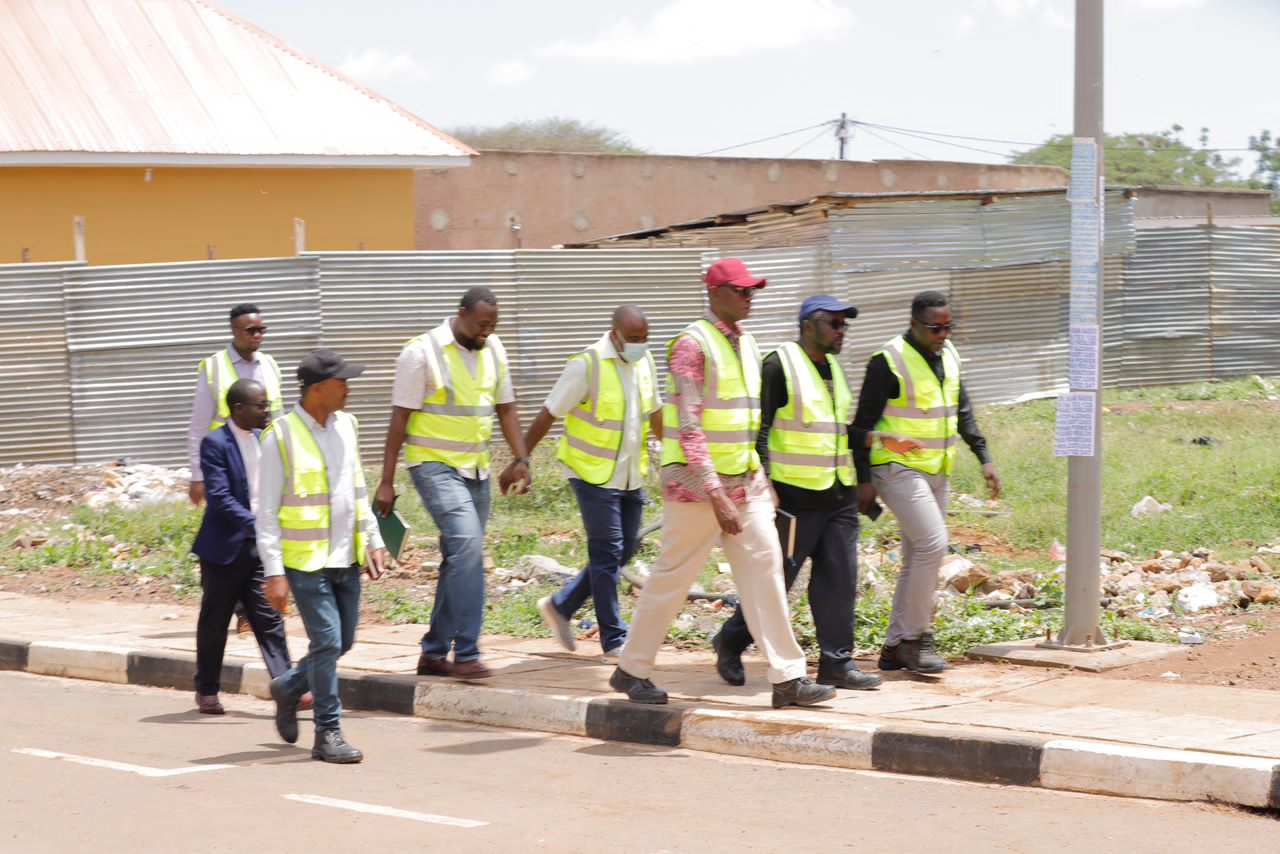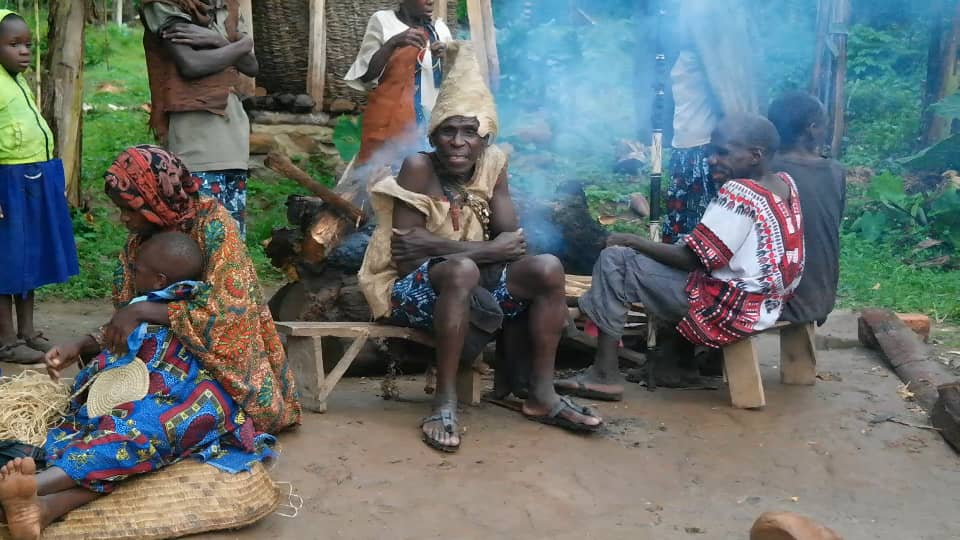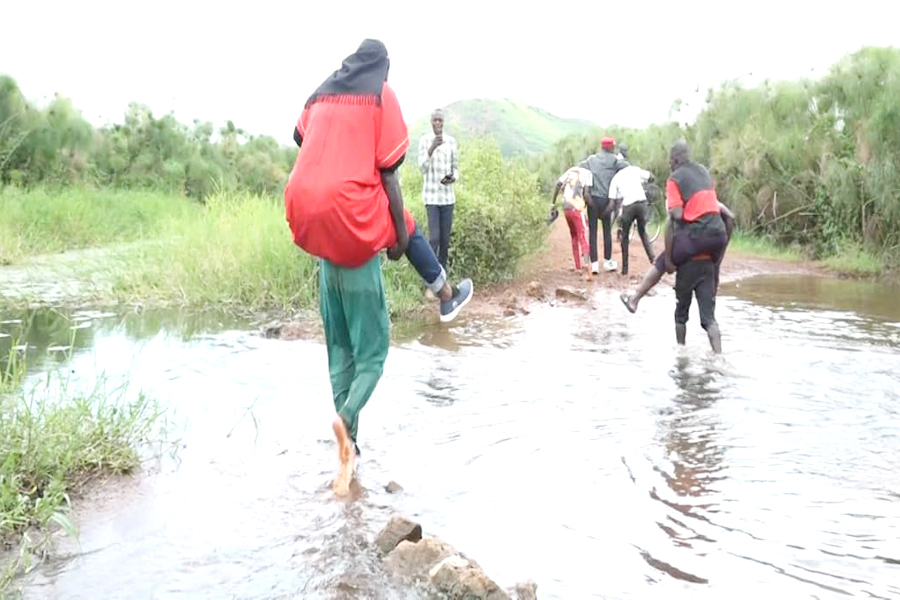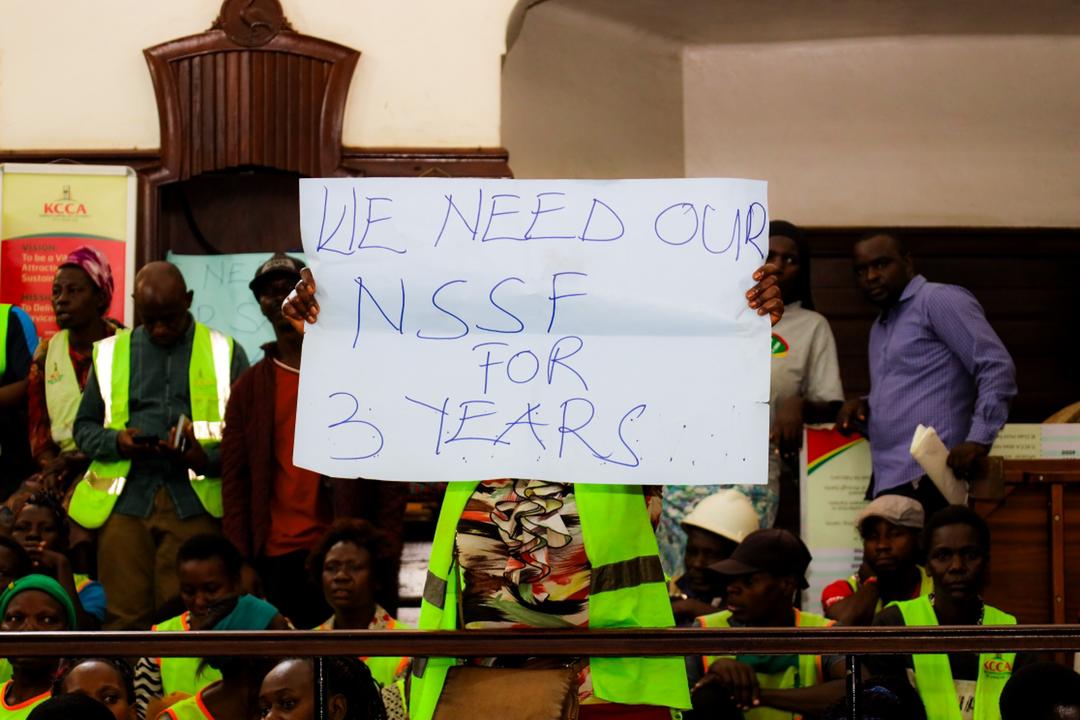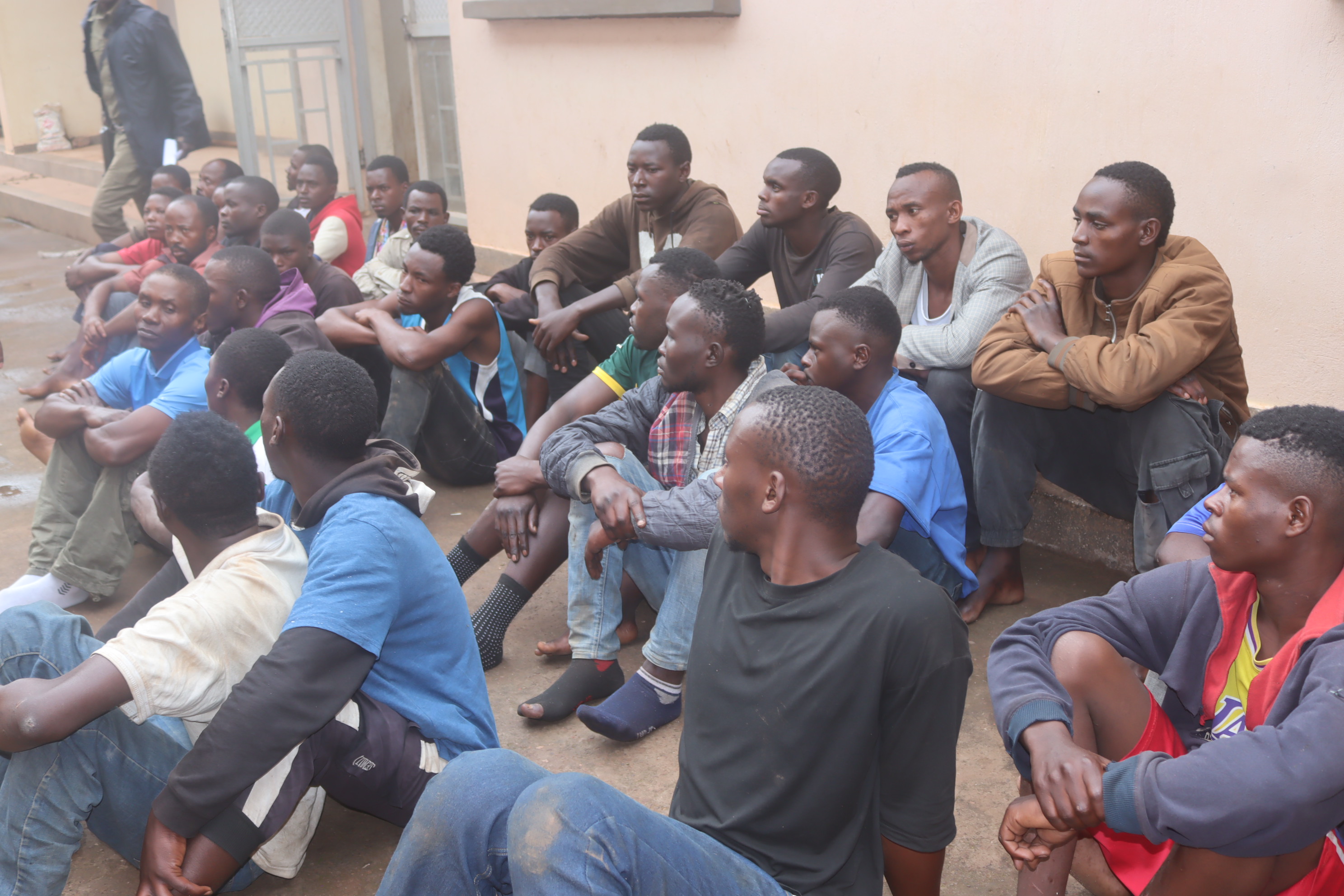Rwanda, Uganda ghost of war that was never buried
On June 10, Rwanda reopened the border at K/Gatuna after months of closure. 14 days later, media reports that the Rwandan government has closed the border once again after the tentative reopening period elapsed quietly.
Despite the Rwandan President Paul Kagame repetitively and publicly talking about the Uganda and Rwanda diplomatic war, nothing much has changed, and it has remained a complex puzzle to figure out.
Keep Reading
Reading the book; The Tragedy of Great Power Politics by John Mearsheimer, I couldn’t help but relate the events in the book with those happening here at home. The continued silence of Ugandan President has only left us with one option in this attempt of figuring out what exactly this is; Speculate!
There is new notion about the unrelating pursuit of power for regional supremacy. Uganda and Rwanda have been inclined to look for opportunities to alter the distribution of this regional power in their favour. It is possible that both can seize these opportunities if they have necessary capability. Every action by either country puts the other in a position where they are prime to offence, the border shooting was one of those.
But then, why do all great regional powers anywhere, even in the West behave this way?
The absence of a central authority that sits above these states is vital to scrutinise. In this case, a central authority would look like the African Union. The weakness of the African Union structure has greatly contributed to the rise of the tensions because nobody is going to call the two to order. The African Union has no illusions over the problem. It has failed to strengthen good governance as per the agreement on the development of the African Governance Architecture as a result of the African Charter on Democracy; Sudan’s dismissal made it worse.
AU Commission has not done its job of setting benchmarks and evaluating the compliance of states. Whether the lack of action is because of resource constraints or the political considerations. That is unclear. We can only speculate.
The fact that these two states always possess offensive military capability. East Africa’s military spending rose by $200 million last year to $2.9 billion, according to data released by the Stockholm International Peace Research Institute (SIPRI). E.A countries sought to remodel their military capability. Uganda’s military spending, rose to $408.4 million in 2018, from $346.8 million the previous year. In the Ugandan budget, the funding for 2018/19 for Amisom was $10 million. This specific amount compared with 2017 did not increase but remained the same. Which clearly indicates; that Uganda’s increase is not related to involvement in Amisom, according to SIPRI.
Rwanda on the other hand, also saw a marginal rise in its military spending from $115.7 million to $119 million. What is this unexplainable military spending for? John Mearsheimer’s book - The Tragedy of Great Power Politics teaches us that countries are willing to spend unexplainably on military if one of their goals is regional supremacy.
Let us also remind ourselves of 1999-2000 when Rwanda and Uganda were at war in Congo and, soldiers from both sides were killed during the clashes. This Rwanda-Uganda ghost of war born in the thick forests of DR Congo, was never buried. This kind of fear which cannot be wholly eliminated only provokes tense actions. Both states are awake to fact that the more powerful they are to each other, the better their chances of survival. And the best guarantee of that survival is; Military capability. This might or might not explain the military spending, it is according to how you look at it. Let’s also reawaken the fact that both governments did not come to power through an election.
The uncertainty about each other’s intentions should not escape our mind.
President Museveni’s continued silence on accusations of harbouring wrong elements against Rwanda has left many uncertain of what next!
President Museveni who in the past has come out to respond to political opponents like Bobi Wine in an open letter, has rather chosen silence on the Uganda Rwanda crisis, which makes it interesting and creates a vacuum of information, leaving guessing to thrive together with uncalculated moves. These moves may be in so many contexts with consideration that Uganda and Rwandan are not so far from a general election. Given the vacuum, it would also be interesting to watch how both leaders handle the vote in their respective countries since the results are likely going to have a direct effect on which direction the diplomatic crisis is likely going to take. Can dialogue solve the crisis?
The rise of Abiy Ahmed to Power in April 2018 saw the youngest head of state sign the Joint Declaration of Peace and Friendship between Eritrea and Ethiopia after a bitter war that lasted 20 years (from 1998 to 2018) during which as many as 100,000 people were killed. The agreement has since seen air services resumed, phone lines reopened, military hostilities ceased and families reunited.
Is it possible to have constant dialogue as a channel for resolving diplomatic crisis?
Will the Rwanda - Uganda ghost of war allow dialogue to thrive or it just needs to be buried once for all? But how will it be buried and who will bury it?
Canary Mugume is a Senior political journalist in East Africa with NBS TV.


